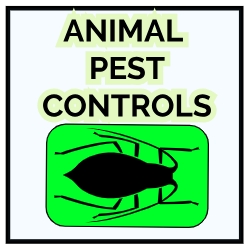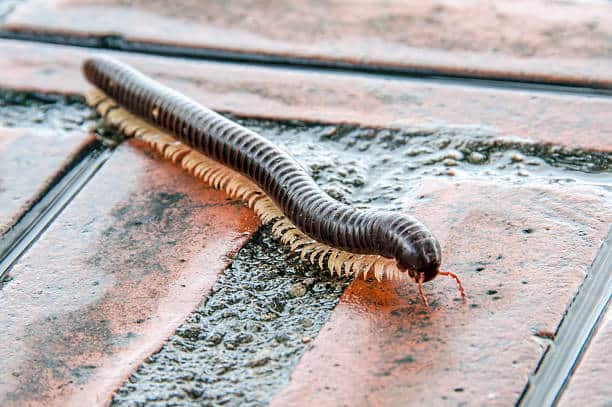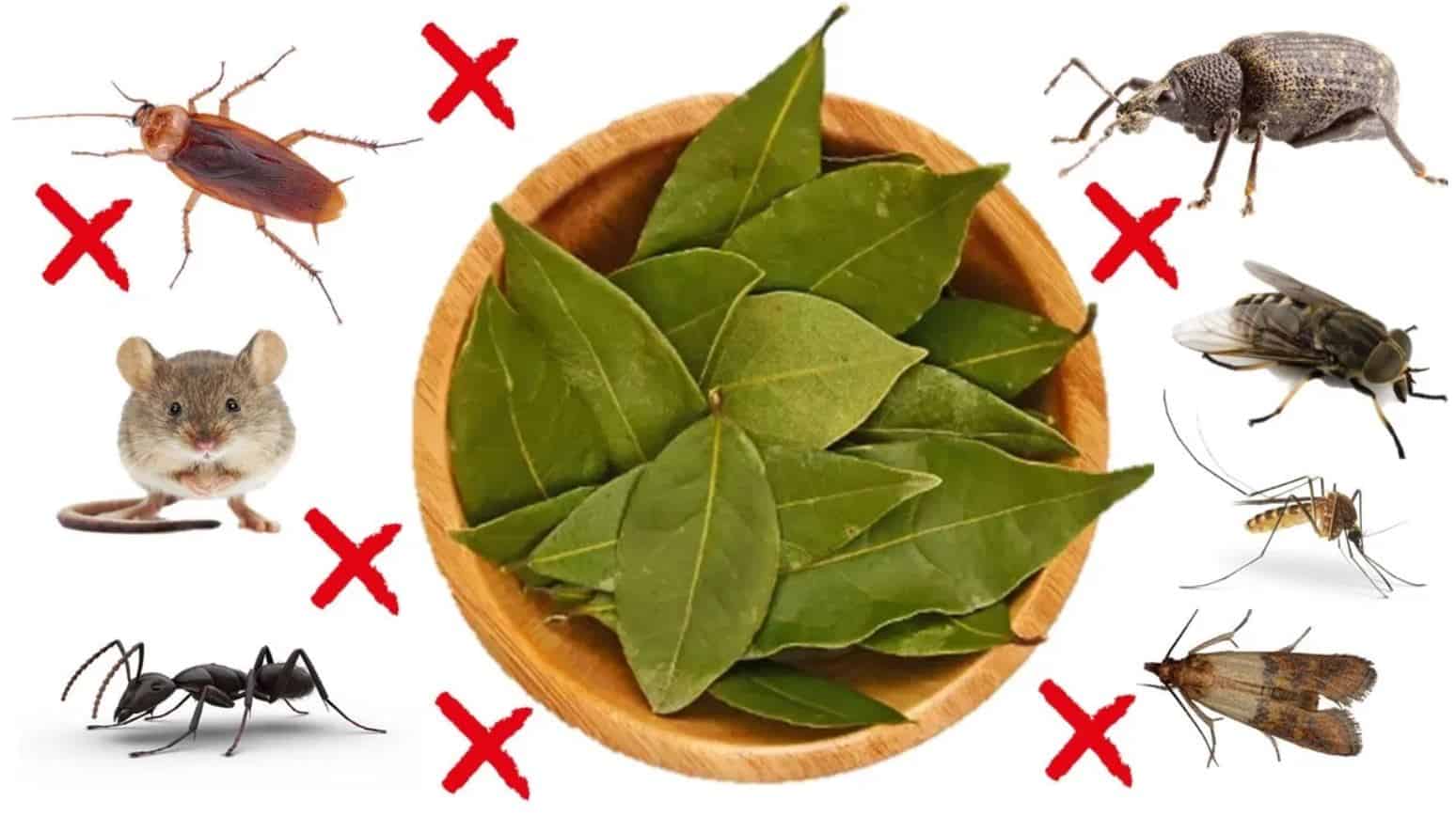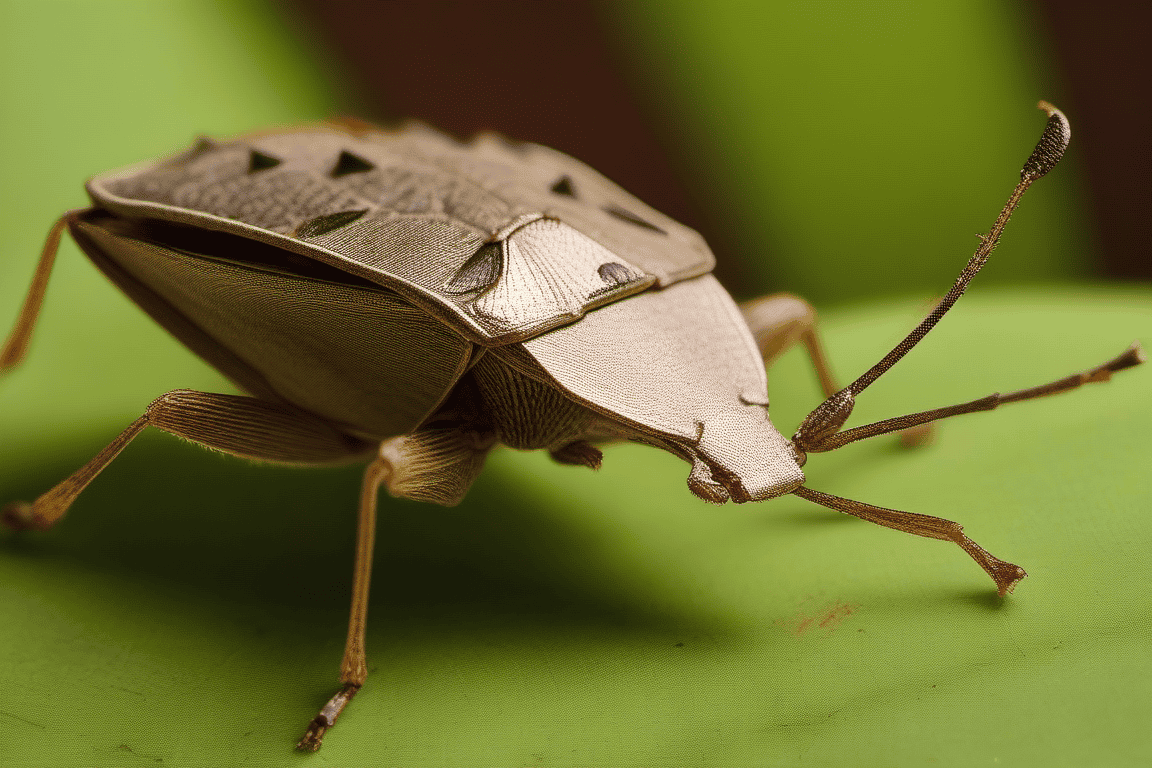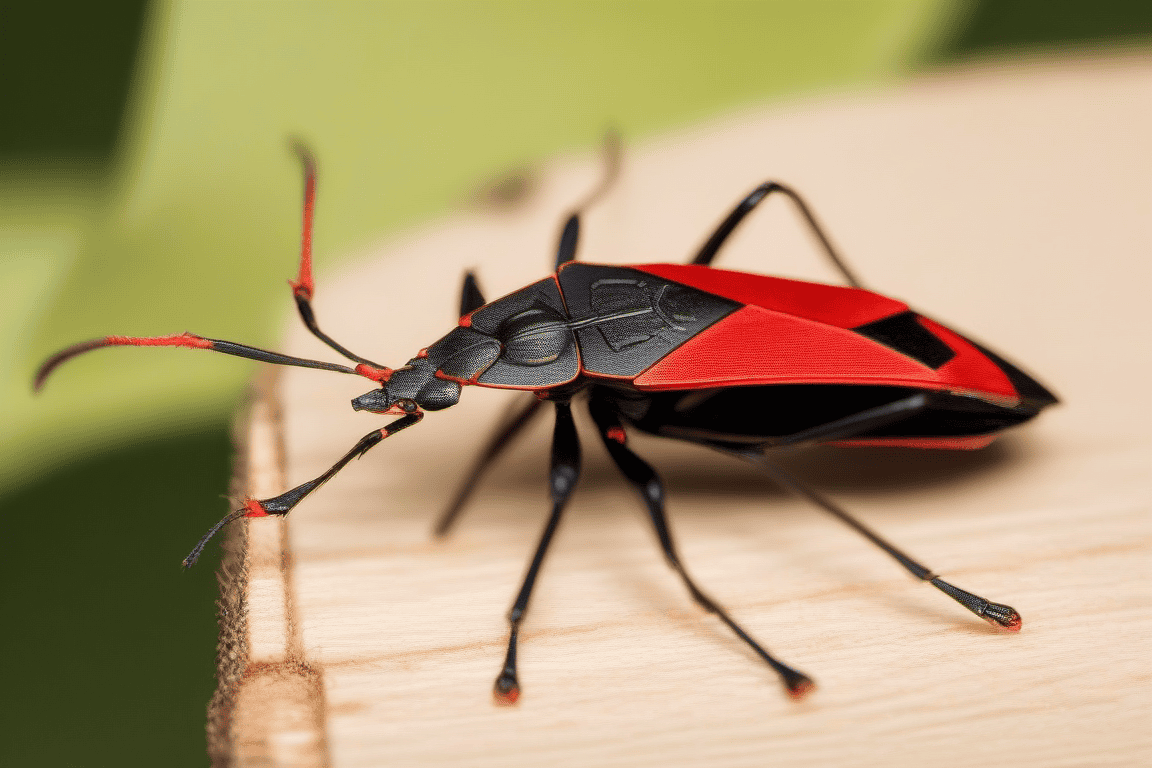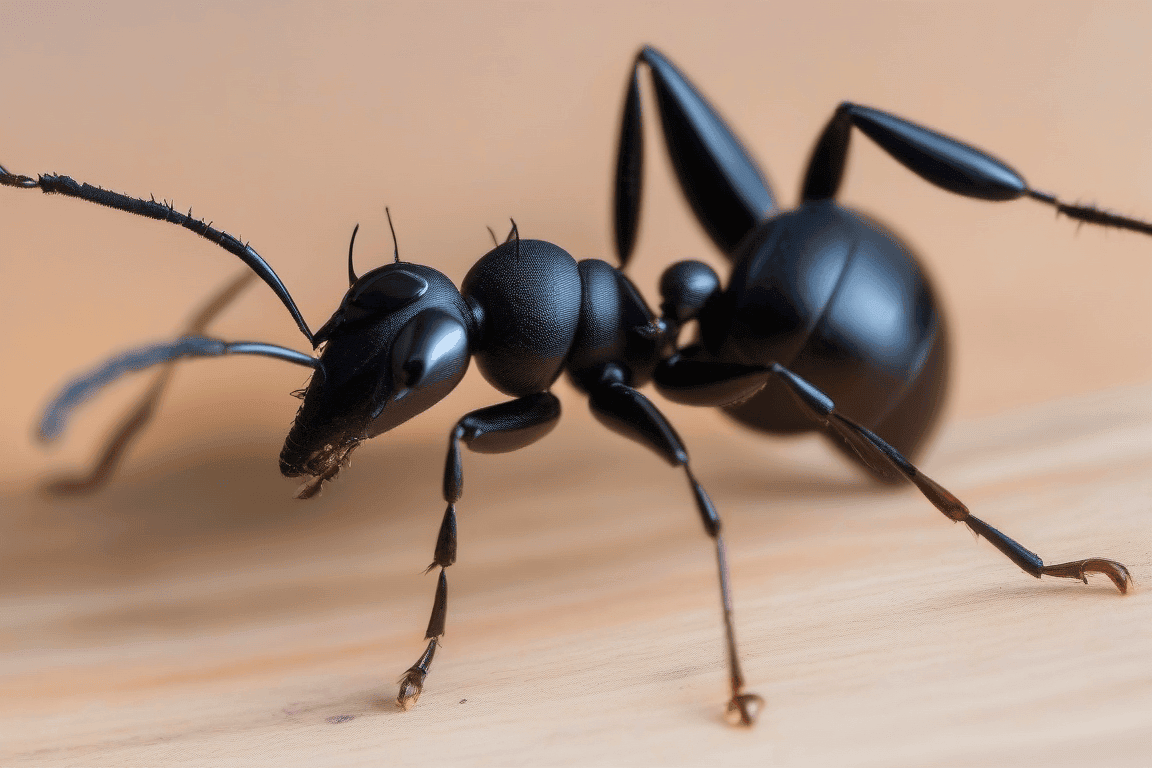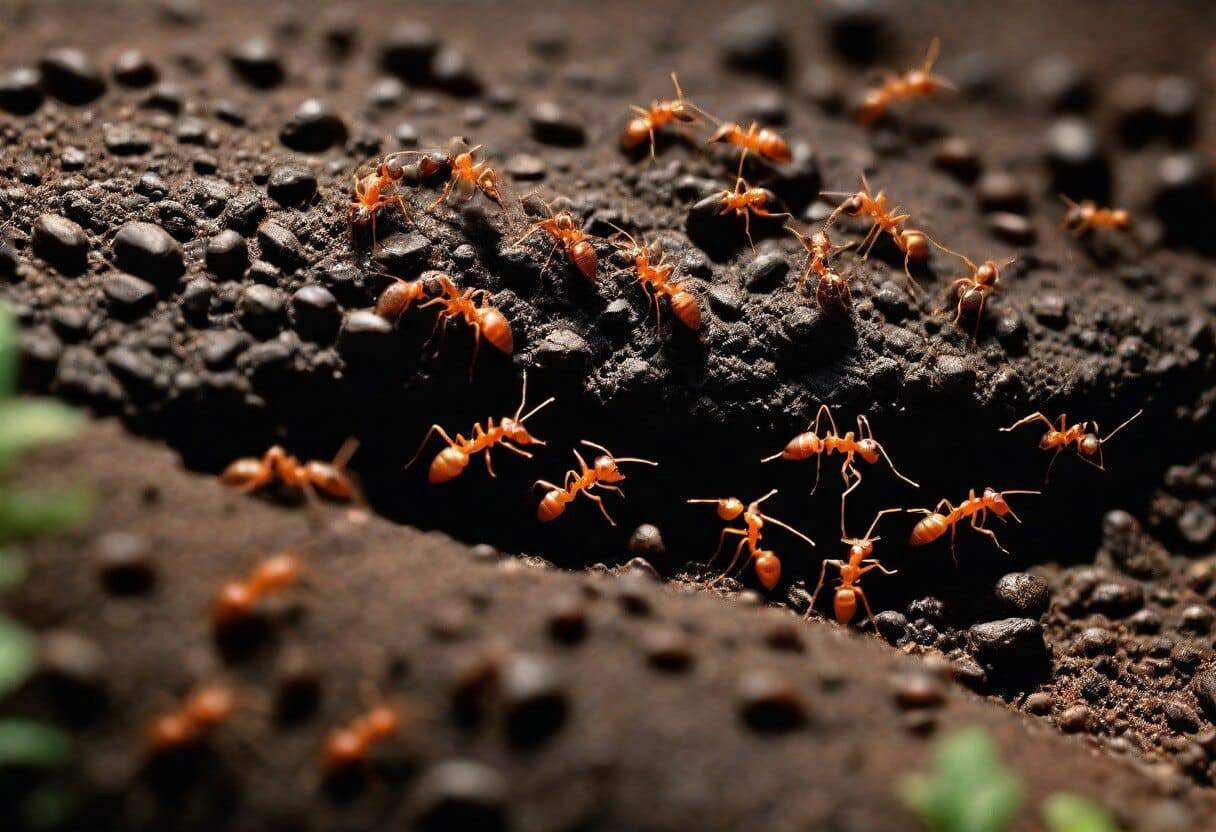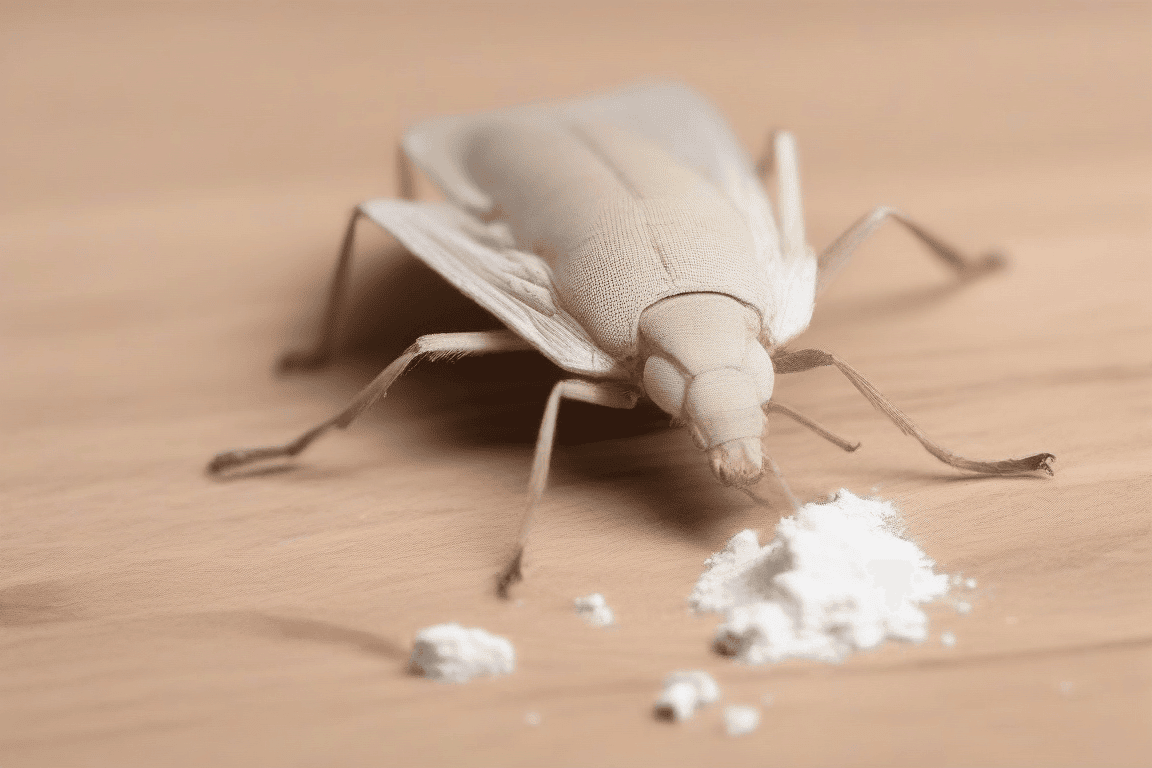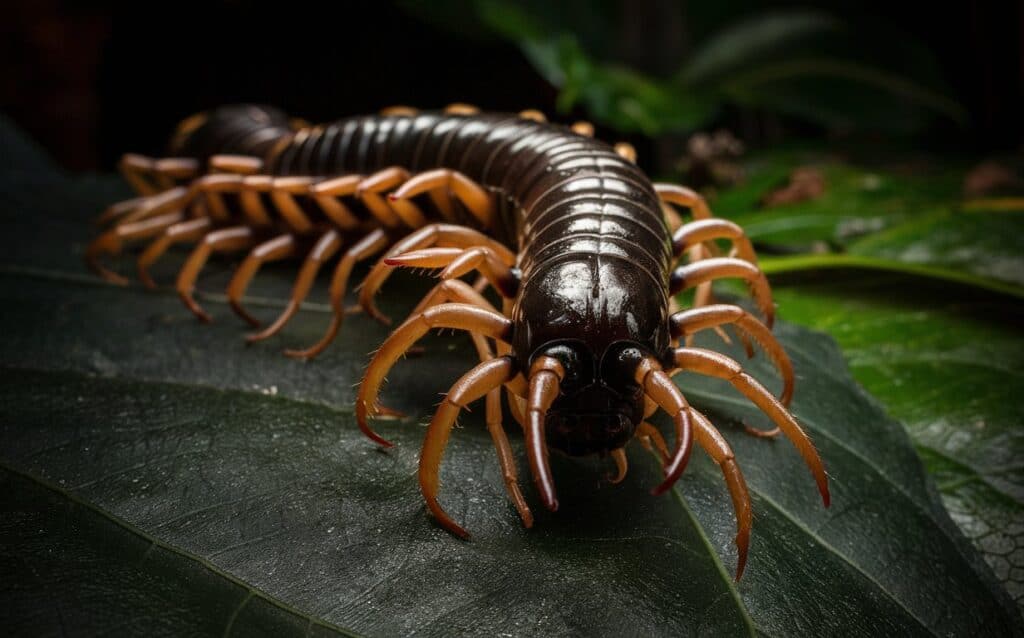Centipedes are creepy crawlies that can be found all over the world. While they may look dangerous, most centipede bites are not harmful to humans.
However, a few species of centipede can deliver a painful bite, so it’s essential to know how to identify them and what to do if you’re bitten. This article will discuss the dangers of centipede bites and provide some tips for avoiding them!
Centipedes are not naturally aggressive animals and only bite humans if they feel threatened. The vast majority of centipede bites are harmless and cause only minor irritation or swelling.
Table of Contents
However, a few species of centipede can deliver a painful bite. These centipedes include the giant desert centipede, the Amazonian giant centipede, and the yellow-leg Peruvian centipede.
If you are bitten by one of these venomous centipedes, you may experience pain, swelling, redness, and itching at the site of the bite. More severe symptoms such as nausea, muscle cramps, fever, and even seizures may occur in some cases. If you experience any of these symptoms after being bitten by a centipede, seek medical attention immediately.
Centipedes are not native to the United States, but they can be found in many areas. They are generally considered harmless, but their bite can be painful. Centipede venom is a neurotoxin, which means it affects the nervous system. A centipede’s bite is no worse than a bee sting in most cases. However, if you are allergic to centipede venom, you could experience anaphylactic shock and die.
That being said, the vast majority of people will not react to a centipede’s bite. So while it is always best to be cautious around these creatures, you don’t need to worry too much. Just watch out for those centipedes when you’re outside this summer!
How to avoid being bitten by a centipede?
There are a few things you can do to avoid being bitten by a centipede:
- Stay calm and don’t provoke them. Centipedes will usually only bite humans if they feel threatened.
- Wear gloves when gardening or working in areas where centipedes may be present.
- Use caution when reaching into dark, tight spaces where centipedes like to hide.
- Keep your home and yard free of debris and clutter where centipedes can live and breed.
- If you see a centipede, try to catch it safely and release it outside away from people and pets.
How to treat a Centipede’s bite?
If a centipede bites you, there are a few things you can do to help relieve the pain and swelling:
- Apply a cold compress to the bite site.
- Take ibuprofen or acetaminophen for pain relief.
- Keep the area clean and dry.
- If symptoms such as fever, nausea, or muscle cramps occur, seek medical attention immediately.
Centipedes may seem scary, but they are not usually harmful to humans. However, if you are bitten by one of the venomous species of centipede, it is crucial to seek medical attention right away. By following these tips, you can help reduce your risk of being bitten by a centipede!
conclusion
Centipedes are generally not considered dangerous to humans, and their bites are usually not harmful. However, centipede bites can cause pain, swelling, and itching in some cases.
Centipede venom can cause more severe nausea, dizziness, and difficulty breathing in sporadic cases. If a centipede bites you, it is vital to seek medical attention if you experience any of these symptoms.
Otherwise, the bite should be treated with ice and antihistamines if necessary. Overall, centipedes are not considered a significant threat to human health, but it is always best to be safe than sorry.
So next time you see one of these little critters crawling around your house or yard, don’t be scared- be careful! Thanks for watching!
